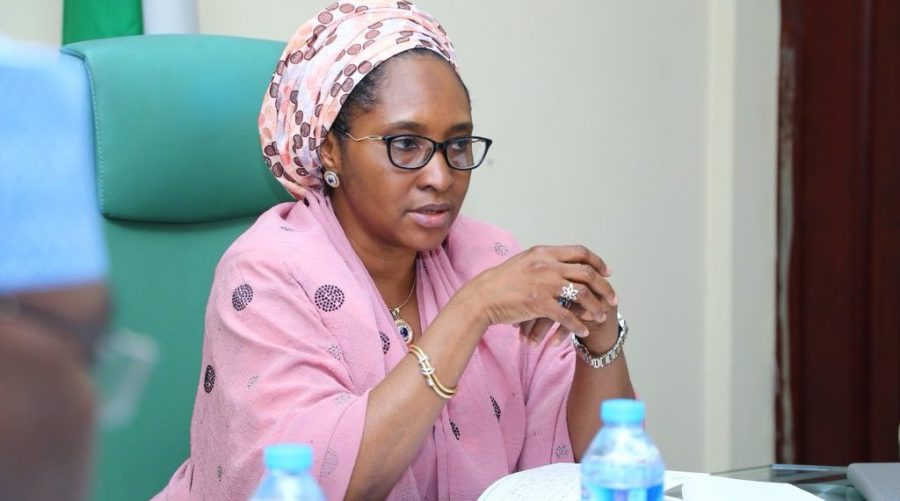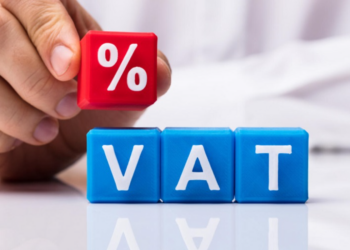The Federal Executive Council (FEC) has approved an increase in the Value Added Tax (VAT) to 7.5% from 5%.
The Minister of Budget and National Planning Zainab Ahmed disclosed this to state house correspondents at the end of the cabinet meeting on Wednesday.
The details: FEC meeting, which was presided over by President Muhammadu Buhari, directed immediate consultations with states, local governments and other relevant stakeholders before the new rate takes effect in 2020.
According to Ahmad, “We reported to the council and the council has agreed that we start the process towards the increase of the VAT rate. We are proposing and the council has agreed to increase the VAT rate from 5% to 7.5%.
“This is important because the federal government only retains 15% of the VAT — 85% is actually for the states and local governments and the states need additional revenue to be able to meet the obligations of the minimum wage.
“This process involves extensive consultations that need to be made across the country at various levels and also it will involve the review of the VAT act. So, it is not going to be implemented immediately until the act is reviewed.”
Speaking further, Ahmed stated that states need the revenue to be able to pay the new minimum wage.
“Following these assumptions, the total revenue estimate is the sum of N7.5 trillion for the year 2020.
“There will, of course, be the distribution to the three tiers of government based on the statutory revenue sharing formula as defined in the constitution and to this effect, it means the federal government will be receiving proposed aggregate of N4.26 trillion from the federal account and the VAT pool, while the states and the local governments are expected to receive N3.04 trillion and N2.27 trillion respectively.”
Recent Developments: Earlier in June, Mrs Ahmed stated that an upward review of VAT is a follow up on the agreement reached between the FG and labour union following the minimum wage increase. She stressed that such a marginal increase in VAT would enable the government to handle the incremental cost of increasing wages.
[READ: Zainab Ahmed explains why VAT will rise to 7.5% next year]
- Similarly, the Federal Inland Revenue Service (FIRS) has also announced that effective from January 2020, it will begin to impose VAT on online transactions, both domestic and international.
- The commencement date of the VAT charges on online transactions, according to Fowler, would be subject to the government’s approval.
What you should know: If approved by the federal lawmakers, the new VAT rate will take effect in 2020. In Nigeria, VAT replaced the sales tax in 1994 and was pegged at 5% by the military government of Sani Abacha.
In 2007, former president Olusegun Obasanjo increased VAT to 10% on the eve of his departure from office but it was reversed by his successor, Umaru Musa Yar’Adua, following opposition from the labour union.
In the meantime, despite wide criticisms that have greeted both the online VAT and the 7.5% VAT increase, the federal government considers this, as the most potent channels to meet the new minimum wage implementation.














.gif)







So increase in VAT rate is to pay minimum wage rate, what about the price increase of other items? For me, the Government is taking massively from the people to pay the people.